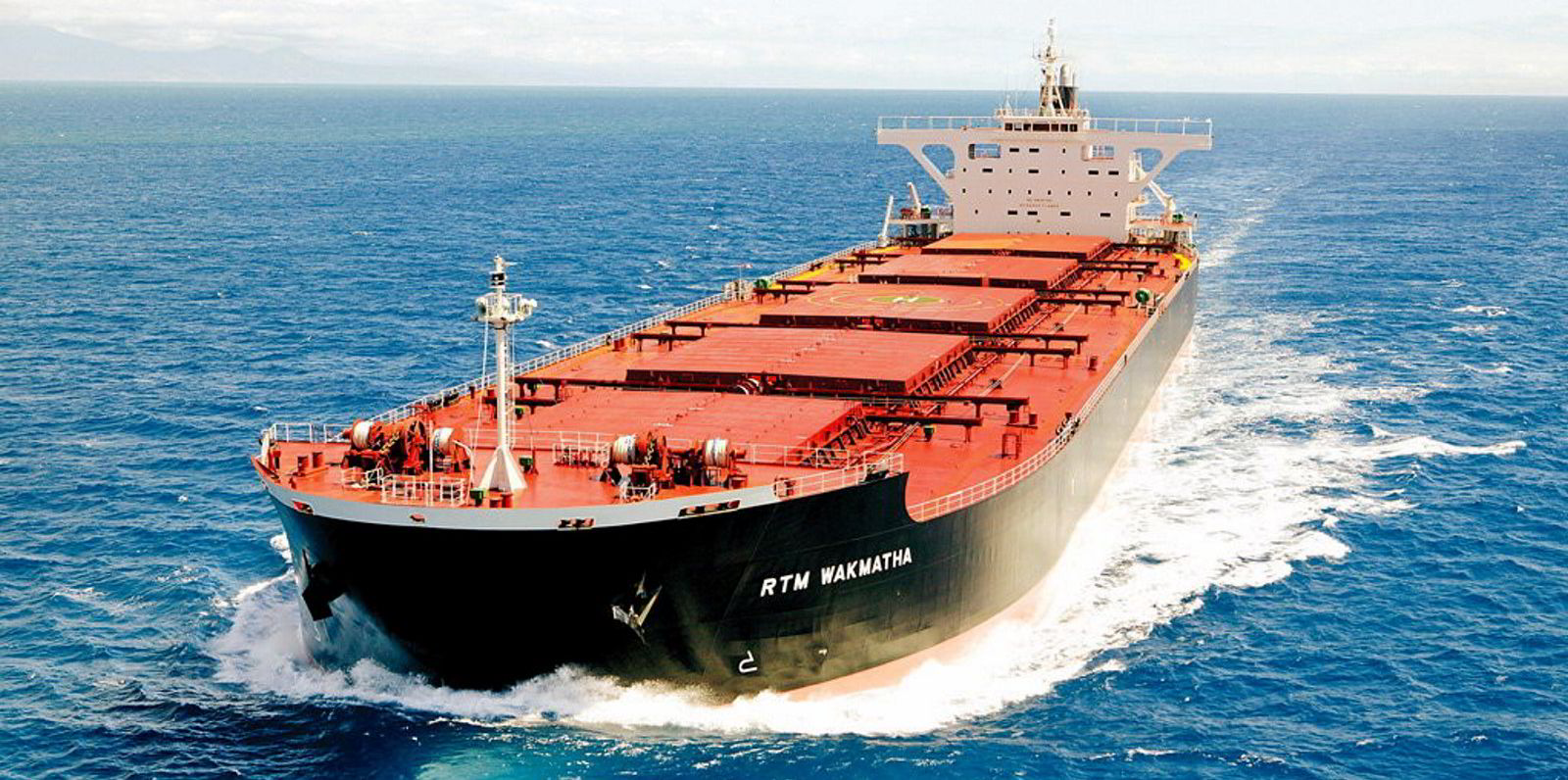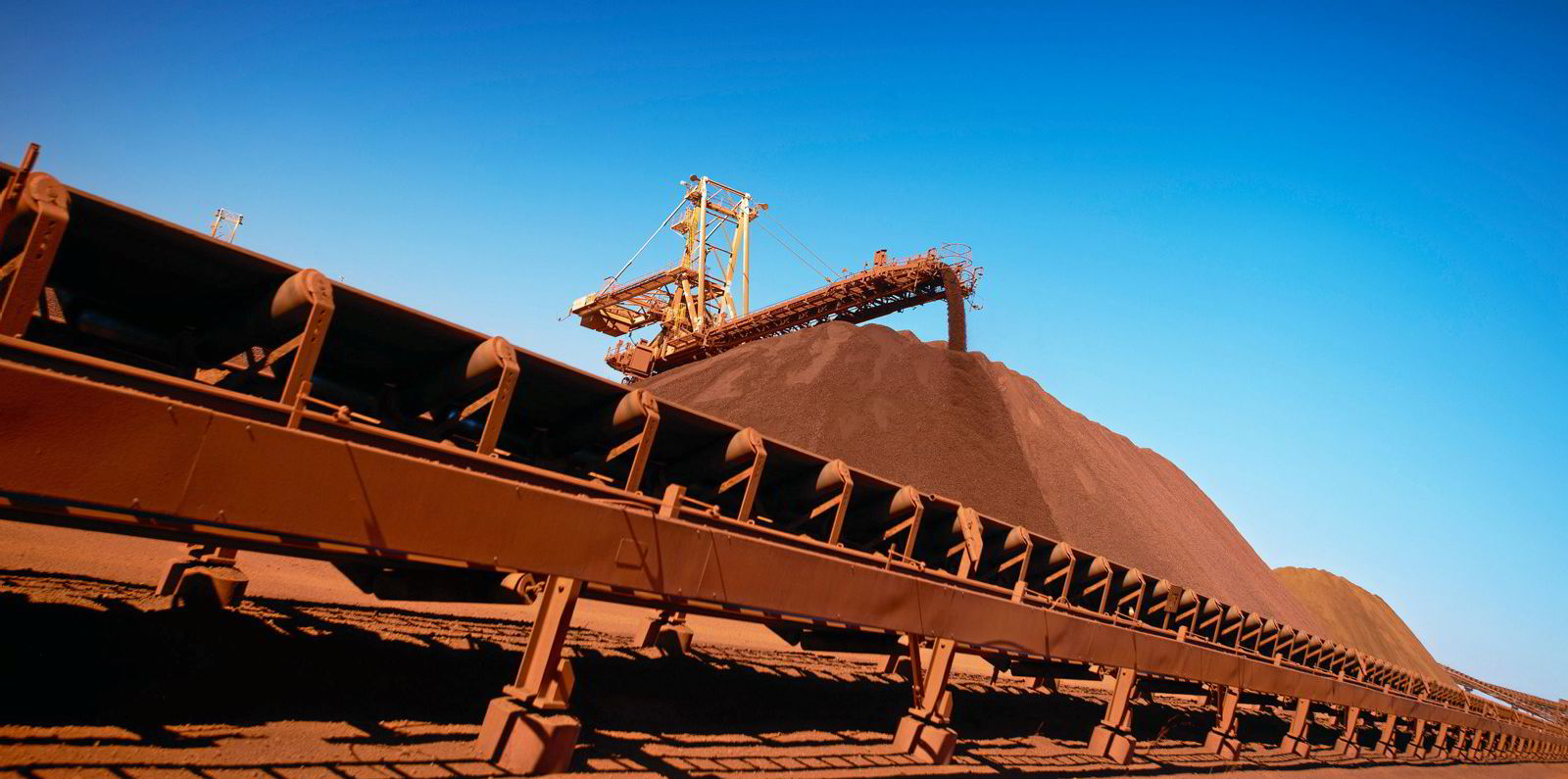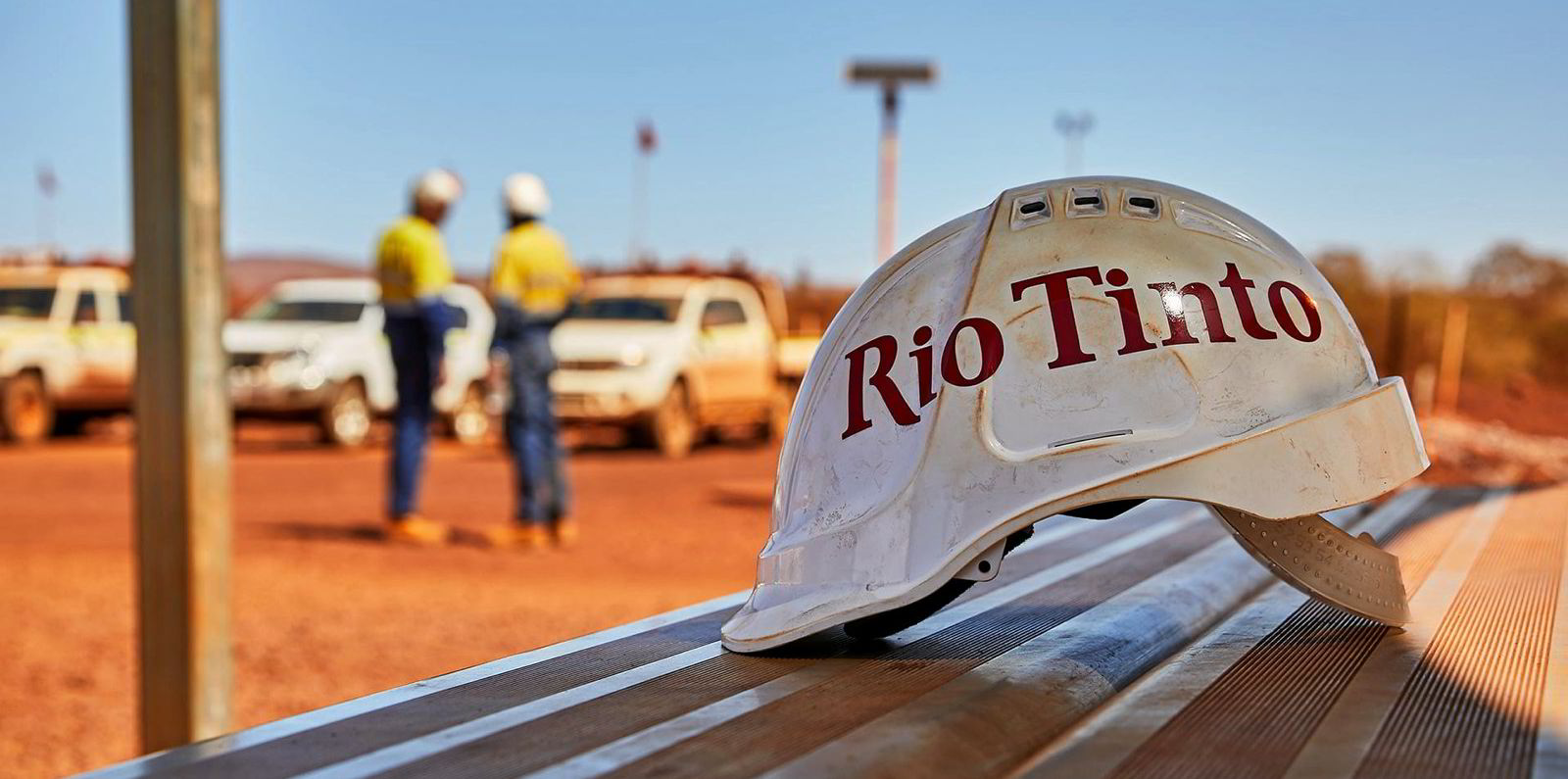Full-year profit at Rio Tinto slumped over 40% in 2022 on the back of weaker demand for iron ore and other commodities from a lockdown-hit China.
However, the world’s second-largest miner said it was “quietly confident” about a turnaround in its biggest market after the end of the country’s Covid-19 restrictions.
The easing of the China’s zero-Covid policy has driven a recovery in the iron ore price since November.
Rio Tinto’s underlying profit fell 38% to $13.3bn in 2022. Revenue fell around 12% to $55.6bn. Its iron ore unit posted a 22% drop in sales.
China’s property sector — a key driver of Rio Tinto’s revenues — is now in a “decent state” after the sharp slowdown of recent times, chief executive Jakob Stausholm said on an earnings call.
“It is very positive that China now also comes out of Covid lockdowns … we are quietly confident that [China’s] demand will be a stabilising factor for the world economy in 2023,” he added.
China, the world’s second-biggest economy, in January reopened its borders and eased quarantine requirements for travellers after three years of tight controls.
Rio Tinto’s outlook echoed comments made earlier this week by BHP, the world’s biggest mining group, that China would offset potential weakness in European and US economies this year.
BHP said it expects strong demand for commodities from the second half of 2023 and into 2024, but said its operating environment will remain “volatile” in the meantime.
BHP’s profit after tax for the final six months of 2022 fell to $6.46bn, down by 32% when compared to the same period in 2021.
Rio Tinto said it increased its exploration and evaluation spend by 24% to $897m in 2022, as it ramped up its activities in Guinea, Argentina and Australia.
The miner said negotiations towards the co-development of project infrastructure for the giant Simandou iron ore project in Guinea progressed further with the December 2022 signing of a non-binding term sheet between the project’s joint venture backers and the government of Guinea.
Rio Tinto said this further establishes the co-development principles and is a pivotal next step towards securing the shareholder agreement, cost estimates and regulatory authority approvals necessary to progress the co-development of rail and port facilities.
The Simandou project contains one of the world’s largest known undeveloped high-grade low-impurity iron ore deposits.
Rio Tinto, which describes itself as the largest dry bulk shipper globally, owns 17 ships and charters 230 vessels, moving around 315m tonnes of raw materials across 2,700 voyages every year.





